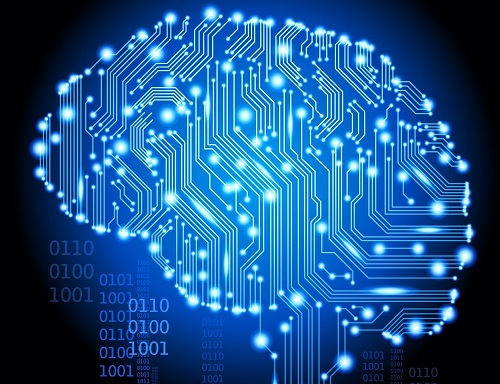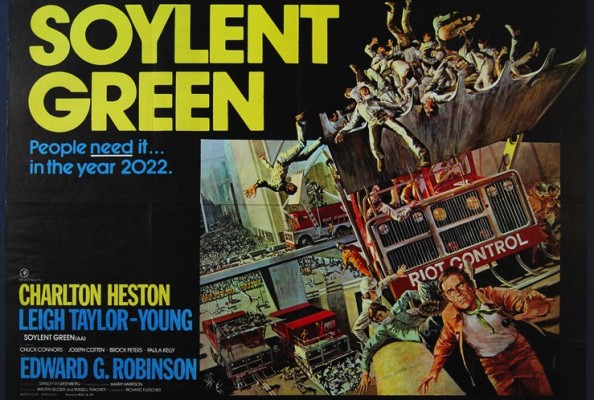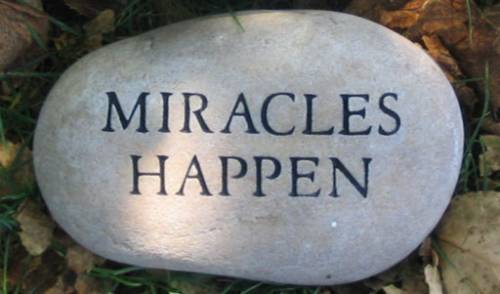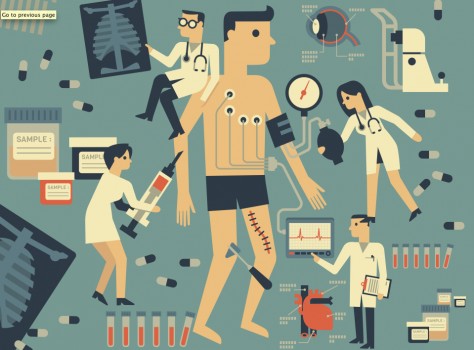This feature story was first published in print and online by Australian Doctor on the 20th May 2016. *** “We revile this notion of a nanny state, but we accept this ‘big business’ state that actually does incredible harm,” says Professor Bruce Neal “Everyone thinks they’re free-moving individuals making these highly informed […]
Epigenetics: Beyond the hardwiring
The Human Genome Project was supposed to unravel all the mysteries of human development and disease. But researchers but only found around 23,000 genes rather than the 100,000 they expected. Only in the last ten years has it become apparent how influential epigenetic modifications are on the specialisation of the human body and particularly the brain. And diseases such as cancer might be turned on and off with an epigenetic switch.
The Hunger Games: How do we fight food insecurity?
“Yeast vats, fungal mats and algae ponds” was Isaac Asimov’s prediction for addressing food insecurity in the future. Is this what we have to look forward to, or can improve our efficiency of food production and consumption in our fields and supermarkets?
Don’t believe the hype: sensationalism in medical journalism
Sensational reporting of medical news poses a danger to public health literacy and behaviour. But the research journals and institutions are just as much to blame as the lay media.
The army within: taming the gut microbiome
Gut microbes may well know us better than we know ourselves, but it’s best to keep them onside. Some experts liken them an unknown organ of the human body , that can influence our metabolic, immune and mental health.
Damned if you do, Damned if you don’t: the problem with over-screening
“Overdiagnosis is the biggest threat to the sustainability of the healthcare system,” says Professor Paul Glasziou. But are doctors needlessly wasting resources or are they doing the best for their patients?
Non coeliac gluten sensitivity: A grain of truth?
Why are millions of Australians adopting a gluten-free diet when only a fraction have bona fide coeliac disease?
Why we bother to get along
Sometimes it’s tempting to take a little bit extra from the buffet, or cheat your taxes, especially if the victim is a faceless and victimless society. But Professor Simon Gaechter has been studying what makes people cooperate with and how these motivations differ around the world.
The sixth sense: why pheromones turn us on
Body odour might not be such a turn off after all. Pheromones can control our behaviour and our bodies even without being aware of it.
Actions speak volumes: the origins of human langauge
Cartoon cavemen typically don’t say much more than “ugga ugga”, but the conversation around a Paleolithic campfire could have been much more subtle and sophisticated.






